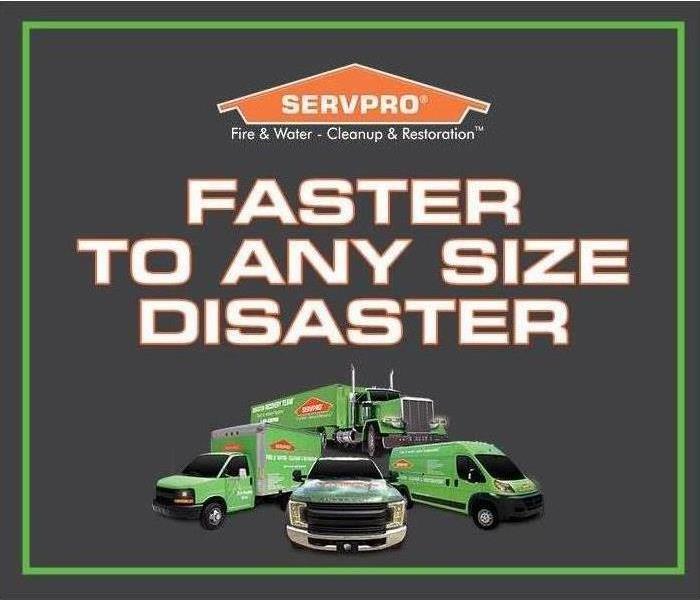How To Successfully Navigate Your Flood Insurance Claim
4/5/2022 (Permalink)
When home has been affected by flood damage, knowing which steps to take and how to prioritize those actions can be crucial. Along the way, you'll deal with many professionals who are involved in the recovery process:
- Insurance agents
- Adjusters
- Building inspectors
- Cleanup and recovery technicians
Each step of the recovery process will proceed more smoothly as you communicate and coordinate well with these service providers, especially if you fully understand your flood insurance coverage.
Working With Flood Insurance Professionals While Representing Yourself
It's important to remember that the main priority of some of these professionals, such as insurance agents and adjusters, is to keep their costs low. When it comes to making sure that quality services, procedures, and goods are being used, you are the primary person responsible.
Tips for Working With Your Insurance Agent
You may receive advice telling you to wait to make repairs until after an insurance representative or adjuster visits your property. This is a tough situation because the insurance company may give you trouble for taking action before inspections. However, it doesn't take long for water damage to get worse, increasing the costs of cleanup and repairs.
- Take action immediately. Contact your insurance company right away, request a certified copy of your flood insurance policy, and ask about the best way to submit proof of loss.
- Keep a detailed, written record of every conversation you have with the insurance company. Your record should include the date, the time, names of the people you talked to, and the gist of the conversation.
- Reach out to third-party professionals for damage estimates. It's best to have at least three to be sure you get enough money for the necessary repairs.
- Document everything before beginning any cleanup efforts. Take pictures and videos of all damage, keep receipts, and write up any explanations.
- Hold onto damaged items to show the insurance company.
Tips for Working With Adjusters
The insurance adjuster works on behalf of the insurance company and will be looking for ways to keep your claim low. Adjusters are also very busy, so you may have a long wait until the professional shows up. You may have better success if you hire a public adjuster to represent you as you work with professionals from your insurance company.
- Save copies of the pictures, videos, and written descriptions to share with adjusters.
- Provide pictures of your home before the damage happened.
- Contact a realtor for a copy of the most current property inspector's appraisal and findings.
- Obtain appraisals from your mortgage provider and other lenders.
- Start preparing an itemized list of everything in your home that was damaged, including items such as toiletries. Include detailed descriptions, brand names, costs, and whether you have receipts.
It may not be wise to start repairs before you have a go-ahead from the insurance company, but you can take emergency and mitigation steps. These include hiring an emergency cleanup and mitigation company to remove standing water, move soaked materials to a dry place, and board up doors and windows. These services that prevent mold damage and other secondary harm may well be covered by your flood insurance policy.






 24/7 Emergency Service
24/7 Emergency Service